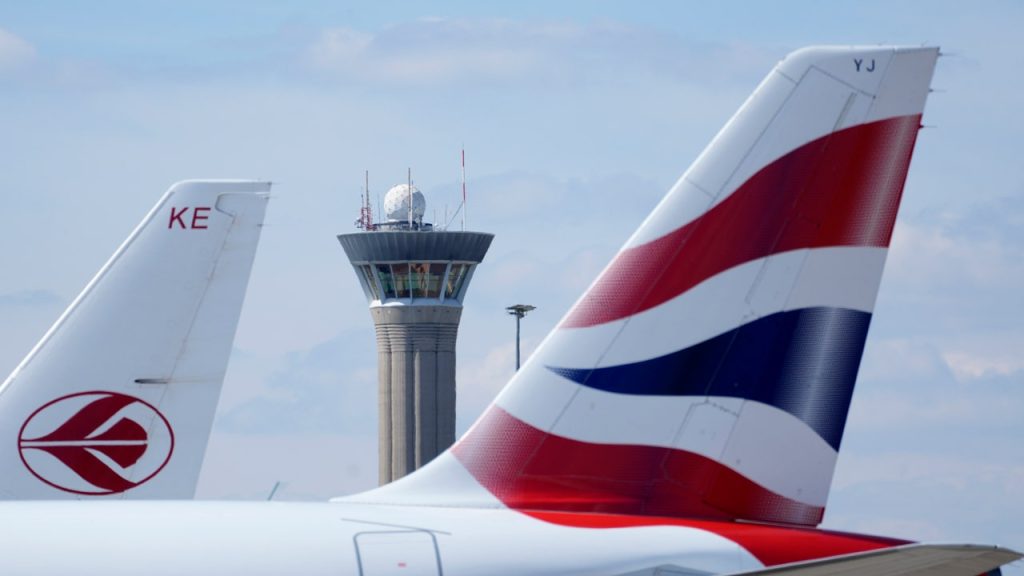Passengers traveling to and from Paris faced disruptions due to a strike by air traffic controllers, which was ultimately cancelled after last-minute negotiations took place. However, the preemptive request made by French civil aviation authorities for airlines to reduce their flights by 75% at Paris-Orly, 55% at Charles-de-Gaulle, and 65% at Marseille-Provence had already significantly impacted operations. This led to severe limitations in flight schedules, affecting both domestic and international flights that pass through French airspace.
Despite the cancellation of the strike, the adjustments made to flight schedules resulted in significant disruptions for passengers. While the flights that ultimately operated faced only moderate delays, there were also numerous cancellations and scheduling adjustments that added to the travel difficulties experienced by thousands of individuals. The situation was particularly challenging at major airports like Paris-Orly, where delays further complicated the travel day for passengers.
It is important to note that the disruptions were not limited to just those traveling to and from Paris. International flights that were scheduled to cross French airspace were also affected, further compounding the challenges faced by airlines and passengers alike. The fallout from the strike and subsequent scheduling adjustments had a far-reaching impact, underscoring the interconnected nature of air travel and the importance of open communication between air traffic controllers and airlines.
One positive development amidst the disruptions was the unveiling of a new baggage handling system at Paris Charles de Gaulle Airport ahead of the upcoming Olympics. This advancement signals a commitment to improving passenger experience and operational efficiency, highlighting the ongoing efforts of airports to adapt to changing travel demands. While the disruptions caused by the strike were certainly challenging, the introduction of new technologies and systems demonstrates a commitment to enhancing the overall travel experience for passengers in the long term.
In the aftermath of the strike and subsequent scheduling adjustments, airlines and airports will likely review their protocols and procedures to mitigate the impact of potential future disruptions. Clear communication channels between air traffic controllers, airlines, and passengers will be crucial in managing any future challenges that may arise. The resilience of the aviation industry is tested during times of disruption, and the ability to adapt and find solutions quickly is essential in maintaining the efficiency and reliability of air travel for passengers around the world.
As the situation at Paris airports stabilizes and operations return to normal, lessons learned from the recent disruptions will inform future decision-making processes. The cancellation of the strike and the subsequent negotiations demonstrate the importance of ongoing dialogue and collaboration between stakeholders in the aviation industry. While challenges may arise unexpectedly, the ability to respond swiftly and effectively is key to minimizing disruptions and ensuring the continued smooth operation of air travel for passengers worldwide.


